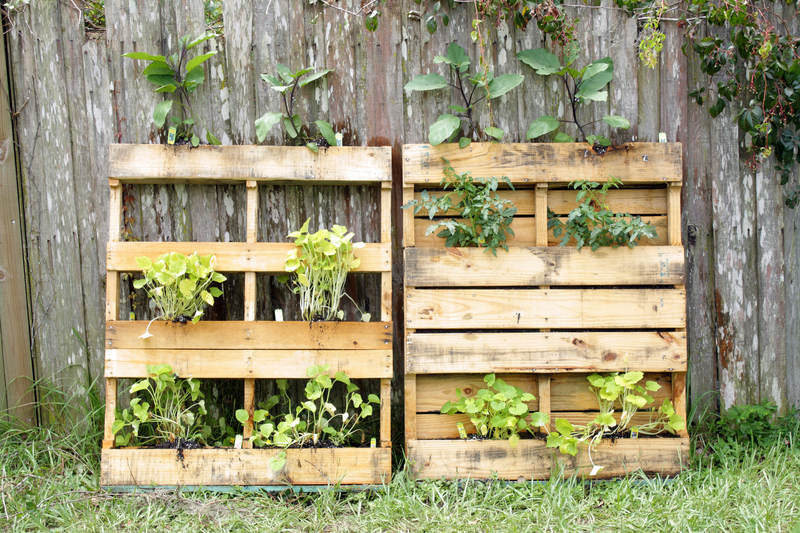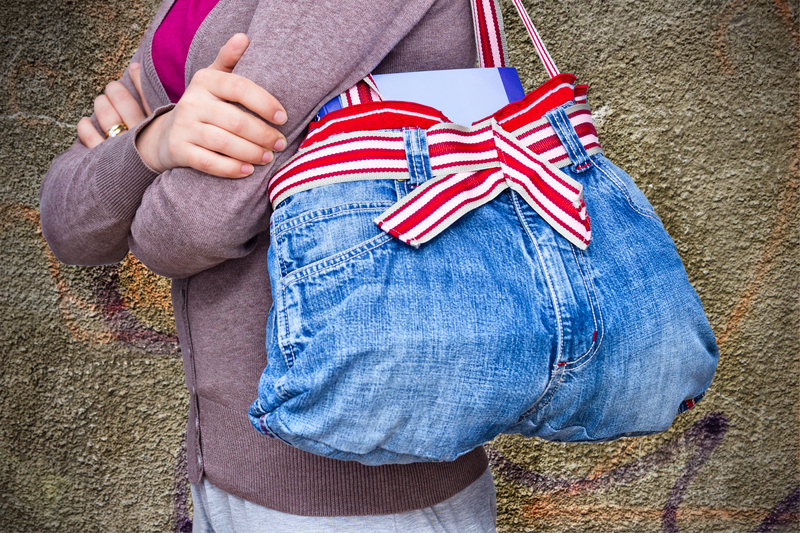Building Recycling Awareness in Kids
Posted on 09/12/2024
Recycling is a crucial aspect of environmental conservation. Educating children on recycling can build a foundation of sustainability that lasts a lifetime. This article explores various strategies to cultivate recycling awareness in kids, the benefits and challenges associated with it, and provides actionable tips for parents and educators.
Why Start Early?
Children are impressionable and can develop good habits early in life. Introducing them to recycling equips them with the knowledge and practices to preserve natural resources, reduce pollution, and protect the environment. Early education fosters a sense of responsibility and encourages kids to be proactive in their daily lives.

Fun and Educational Activities
Engaging children in fun, hands-on activities is an effective way to teach them about recycling:
- DIY Crafts: Use recyclable materials such as paper rolls, plastic bottles, and old newspapers for art and craft projects.
- Recycling Games: Incorporate games that categorize items into recyclable, compostable, or trash bins.
- Recycling Field Trips: Arrange visits to recycling centers or local landfills to demonstrate the recycling process and its impact.
- Storybooks and Videos: Use educational storybooks and videos that focus on recycling themes.
Learning Through Example
Children are keen observers and often imitate adults. Leading by example can be immensely effective:
- Home Recycling Stations: Set up designated recycling bins at home for paper, plastic, glass, and metal, and ensure they are used correctly.
- Parental Involvement: Regularly involve children in the sorting and recycling tasks.
- Sustainable Practices: Practice and advocate for sustainable behaviors like reducing waste, reusing items, and minimizing single-use plastics.
Utilizing Technology for Awareness
In this digital age, technology can be a powerful ally in building recycling awareness:
- Educational Apps: Leverage mobile apps and online platforms designed to teach children about recycling and environmental conservation.
- Virtual Workshops: Participate in online workshops and webinars focused on recycling education.
Pros and Cons of Building Recycling Awareness in Kids
Pros:
- Instills lifelong sustainable habits.
- Reduces household waste and pollution.
- Promotes environmental stewardship and responsibility.
- Encourages community involvement and peer influence.
Cons:
- Initial resistance from children due to perceived complexity or effort.
- Requires continuous parental guidance and involvement.
- Potential misinformation or misconceptions regarding recycling practices.
Tips for Parents and Educators
- Be Patient: Understand that habit-building takes time and repetition.
- Make It Fun: Turn learning into a fun and enjoyable experience with games and creative projects.
- Provide Positive Reinforcement: Praise and reward children for their recycling efforts to encourage consistent behavior.
- Educate Gradually: Start with simple concepts and gradually introduce more complex recycling ideas.
- Stay Informed: Keep yourself updated on recycling methods and share the knowledge with kids.

Key Takeaways
- Early education on recycling fosters long-term sustainable habits in children.
- Combining fun activities with learning can enhance engagement and understanding.
- Leading by example and parental involvement are critical in reinforcing recycling practices.
- Technology can be effectively used to supplement recycling education.
Conclusion
Building recycling awareness in kids is an investment in our planet's future. By instilling these values early on, we cultivate a generation that prioritizes environmental conservation. While there may be challenges, the long-term benefits far outweigh the initial efforts. Together, parents, educators, and the community can create a sustainable environment for future generations.
Latest Posts
Recycling for Environment Health
Start Your Plastic-Free Kitchen Journey
Recycling Polystyrene for a Greener Earth






